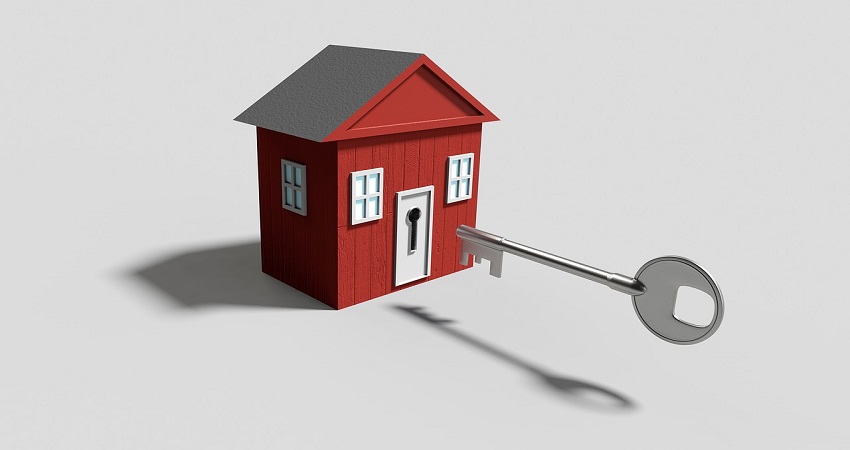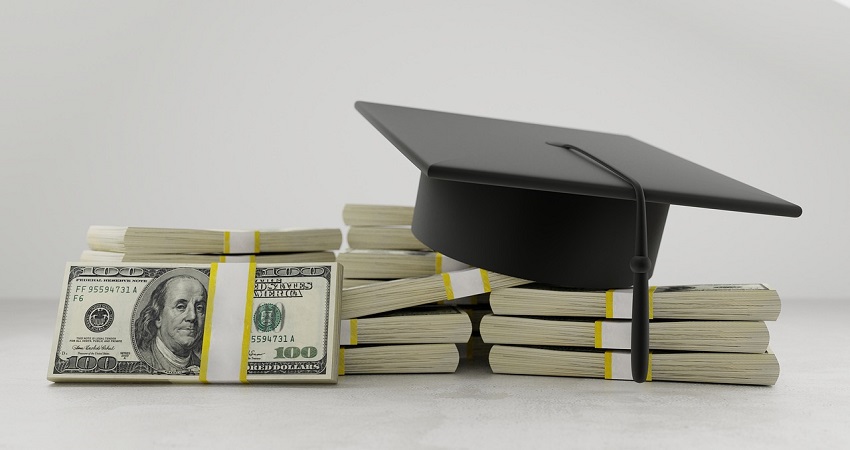If you default on your private student loan, the lender may collect it itself, but it might also turn the debt over to a collection agency or even write off and sell your debt to a third party debt collector. This could result in serious consequences such as damage to your credit score, wage garnishment, and potential lawsuits.
Defaulting on private student loans can lead to significant financial and legal repercussions, including damage to your credit score and the possibility of facing wage garnishment or a lawsuit. Private lenders have the option to report defaults to credit agencies, accelerating the payment schedule, and taking legal action to recover the loan amount, potentially leading to a negative impact on the borrower’s financial situation and credit history.
Private Loan Default Triggers
If you default on your private student loan, the lender may collect it itself, but it might also turn the debt over to a collection agency or even write off and sell your debt to a third party debt collector. Lenders can report your default to the credit reporting agencies, which could harm your credit. This could lead to other harsh consequences, such as wage garnishment or a lawsuit. Private student loan default occurs when you fail to make payments as agreed in the loan’s promissory note. If you have a defaulted private student loan, you’re still responsible for paying it back.
Credit Impact And Consequences
If you default on a private student loan, the lender may collect the debt itself or turn it over to a collection agency or third-party debt collector. This default can damage your credit score and lead to adverse consequences such as wage garnishment or lawsuits. Additionally, the unpaid balance and interest become immediately due, a process known as “acceleration.” It’s important to note that until you default on private student loans, your house is safe, as private lenders must obtain a judgment before putting a lien on a home or seizing funds from a bank account. In the event of default, it’s crucial to understand the legal options for addressing private student loan debt, such as considering bankruptcy as a last resort to discharge the loans.
Immediate Actions Post-default
If you default on your private student loan, the lender may collect it itself, but it might also turn the debt over to a collection agency or even write off and sell your debt to a third party debt collector. Lenders can report your default to the credit reporting agencies, which could harm your credit. They may take different actions to collect, such as wage garnishment or lawsuits. It is important to understand the consequences of defaulting on private student loans and be aware of the potential legal actions that lenders can take.
Debt Collection And Legal Implications
If you default on a private student loan, the lender may collect it itself, but it might also turn the debt over to a collection agency or even write off and sell your debt to a third party debt collector. Defaulting on a private student loan can lead to severe consequences such as damage to your credit score, potential wage garnishment, and the possibility of a lawsuit by the lender. Lenders can report your default to the credit reporting agencies, resulting in harm to your credit.
Additionally, private lenders have the option to sue you for non-payment of the loan, and in some cases may seek to put a lien on your property. However, until you default on private student loans, your property is generally safe from being seized by the lenders. Filing for bankruptcy is an option to legally discharge both federal and private student loans, but it is typically considered a last resort due to its impact on credit and the associated costs and time.
Impact On Co-signers
If you default on your private student loan, the lender may collect it itself, but it might also turn the debt over to a collection agency or even write off and sell your debt to a third party debt collector. Lenders can also report your default to the credit reporting agencies, which could harm your credit. This could lead to other harsh consequences such as wage garnishment or a lawsuit. After defaulting on a private student loan, you are still responsible for paying it back and some lenders may accelerate the payment, making the entire unpaid balance and any interest immediately due.
Loan Rehabilitation Programs
If you default on your private student loan, the lender may collect it itself, but it might also turn the debt over to a collection agency or even write off and sell your debt to a third party debt collector. Lenders can report your default to the credit reporting agencies, which could harm your credit. A private student loan default could damage your credit score and lead to other harsh consequences, such as wage garnishment or a lawsuit.
If you have a defaulted private student loan, you’re still responsible for paying it back, and some lenders may accelerate the payment. Consequences of Default include the entire unpaid balance of your loan and any interest you owe becomes immediately due. Until you default on private student loans, your house is safe from being taken by the private lenders.
Settlement And Negotiation
If you default on your private student loan, the lender may collect it itself, but it might also turn the debt over to a collection agency or even write off and sell your debt to a third party debt collector. Lenders can report your default to the credit reporting agencies, which could harm your credit. A private student loan default could damage your credit score and lead to other harsh consequences, such as wage garnishment or a lawsuit. When you have a defaulted private student loan, you’re still responsible for paying it back.
Some lenders may accelerate the payment, causing the entire unpaid balance of your loan and any interest you owe to become immediately due. Until you default on private student loans, your house is safe as private lenders must sue the borrower and get a judgment before putting a lien on a home or taking money from a bank account. It is important to be aware that you can be sued for not paying private student loans, and one way to legally get rid of private student loan debt is by filing for bankruptcy, although this is often considered a last resort option due to its impact on credit and associated costs.
Professional Help And Resources
If you default on your private student loan, the lender may collect it itself, but it might also turn the debt over to a collection agency or even write off and sell your debt to a third party debt collector. Lenders can report your default to the credit reporting agencies, which could harm your credit. They may take different actions to collect the debt, such as wage garnishment or a lawsuit.
If you have a defaulted private student loan, you’re still responsible for paying it back. Some lenders may accelerate the payment, making the entire unpaid balance of your loan and any interest immediately due. It’s possible to be sued for not paying private student loans, and filing for bankruptcy is an option to get rid of private student loan debt legally, though it’s often considered a last resort due to its impact on credit and the costs involved.
Frequently Asked Questions On What Happens If You Default On A Private Student Loan?
What Happens If I Don’t Pay My Private Student Loans?
Defaulting on a private student loan can lead to debt collection by the lender or a third-party agency. It may affect your credit, leading to wage garnishment or legal action. Additionally, the lender can file a lawsuit or sell the debt to a collector.
Can Private Student Loans Take Your House?
Private student loans are not able to take your house unless you default. They may sue you and get a judgment before putting a lien on your house.
Can You Be Sued For Not Paying Private Student Loans?
If you don’t pay private student loans, you can be sued. The lender may collect it, hand it to a collection agency, or sell it to a third party. Your credit can be negatively impacted, leading to wage garnishment and lawsuits.
It’s important to address default promptly to avoid severe consequences.
How Can I Get Rid Of Private Student Loan Debt Legally?
You can get rid of private student loan debt legally through filing for bankruptcy. It’s a last resort because of potential credit impact, costs, and time involved. However, bankruptcy allows for discharging both federal and private student loans.
Conclusion
Defaulting on a private student loan can have serious consequences. The lender may employ collection agencies, report to credit bureaus, or even sue you. This could result in wage garnishment or damage to your credit score. It is crucial to seek solutions and communicate with your lender to avoid such situations.

